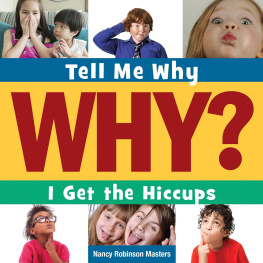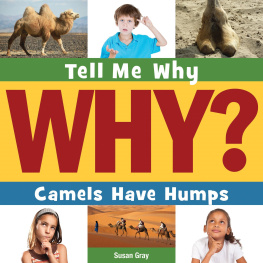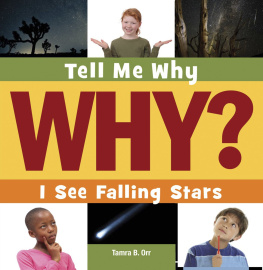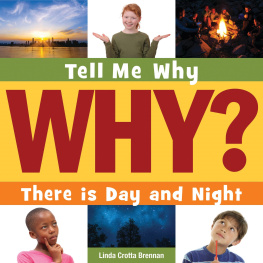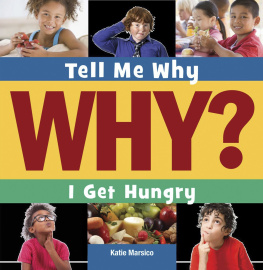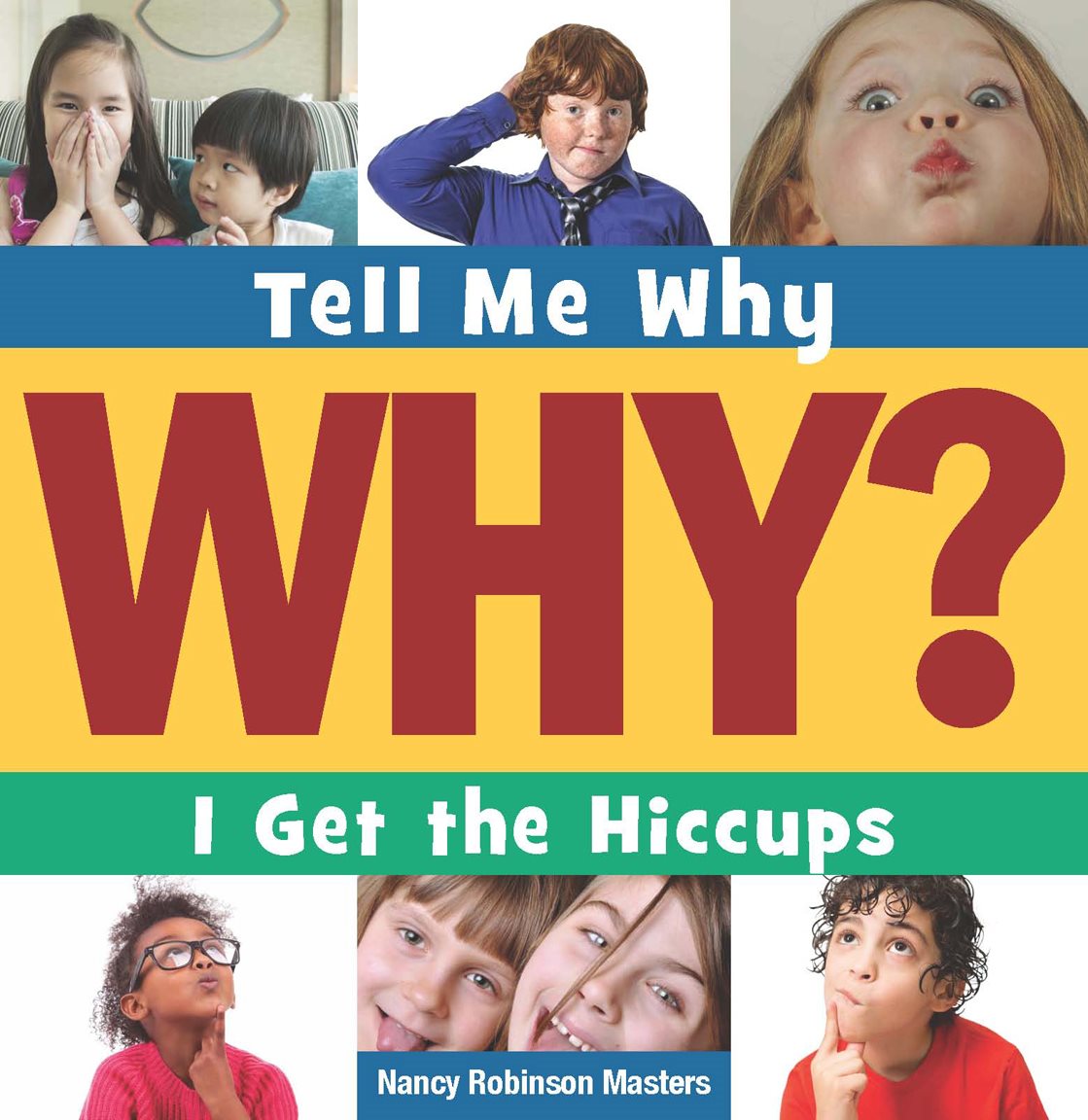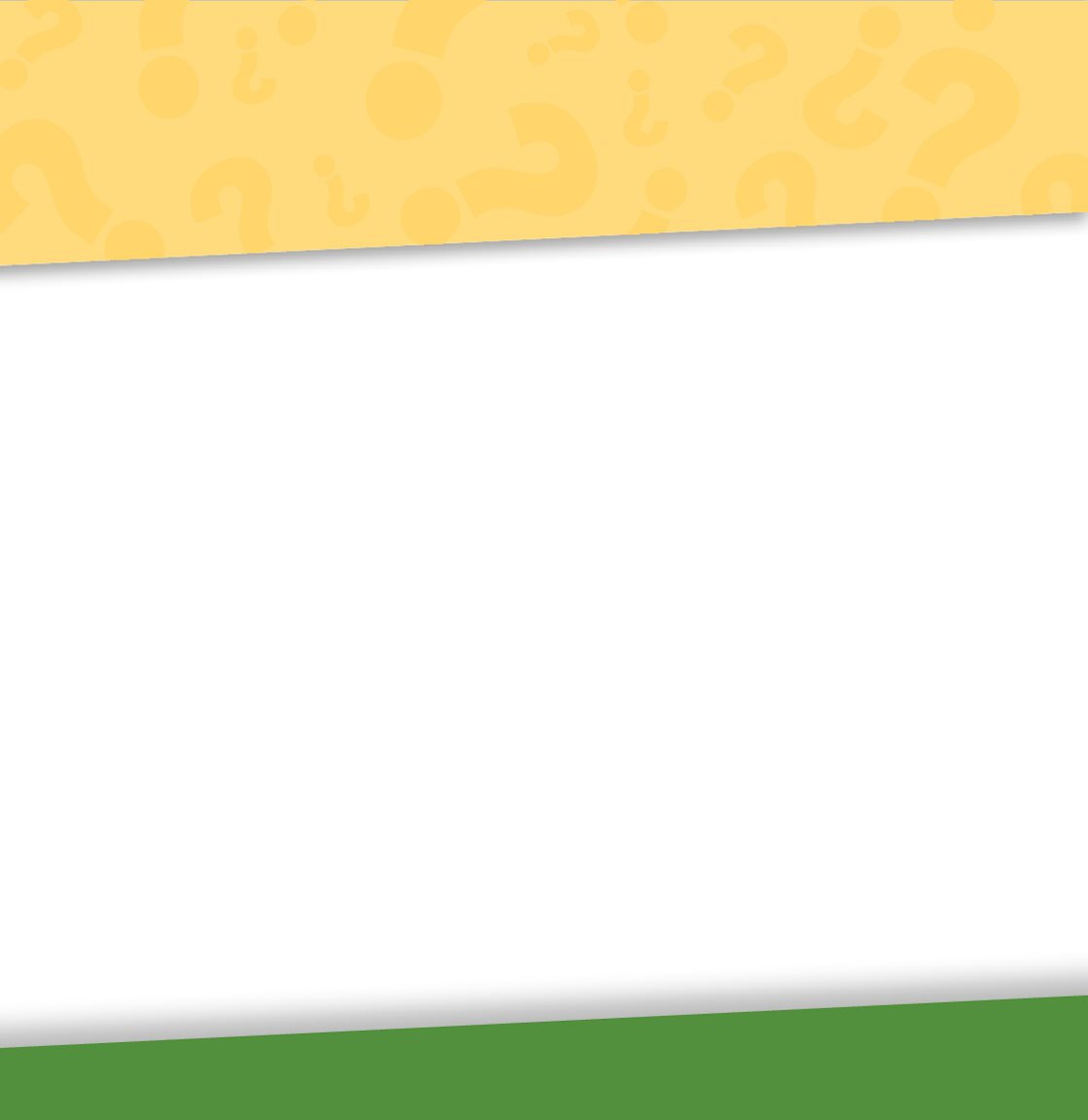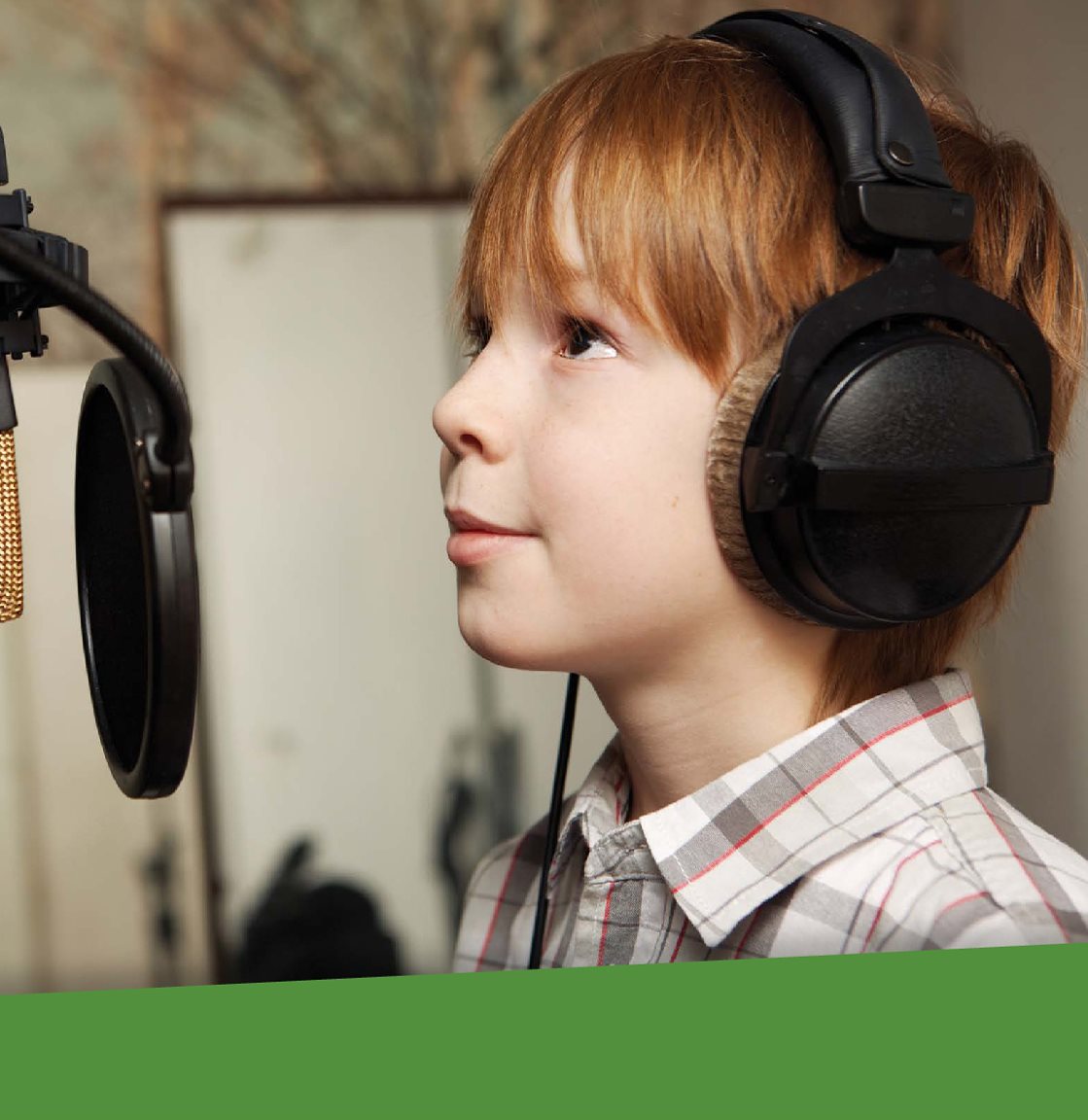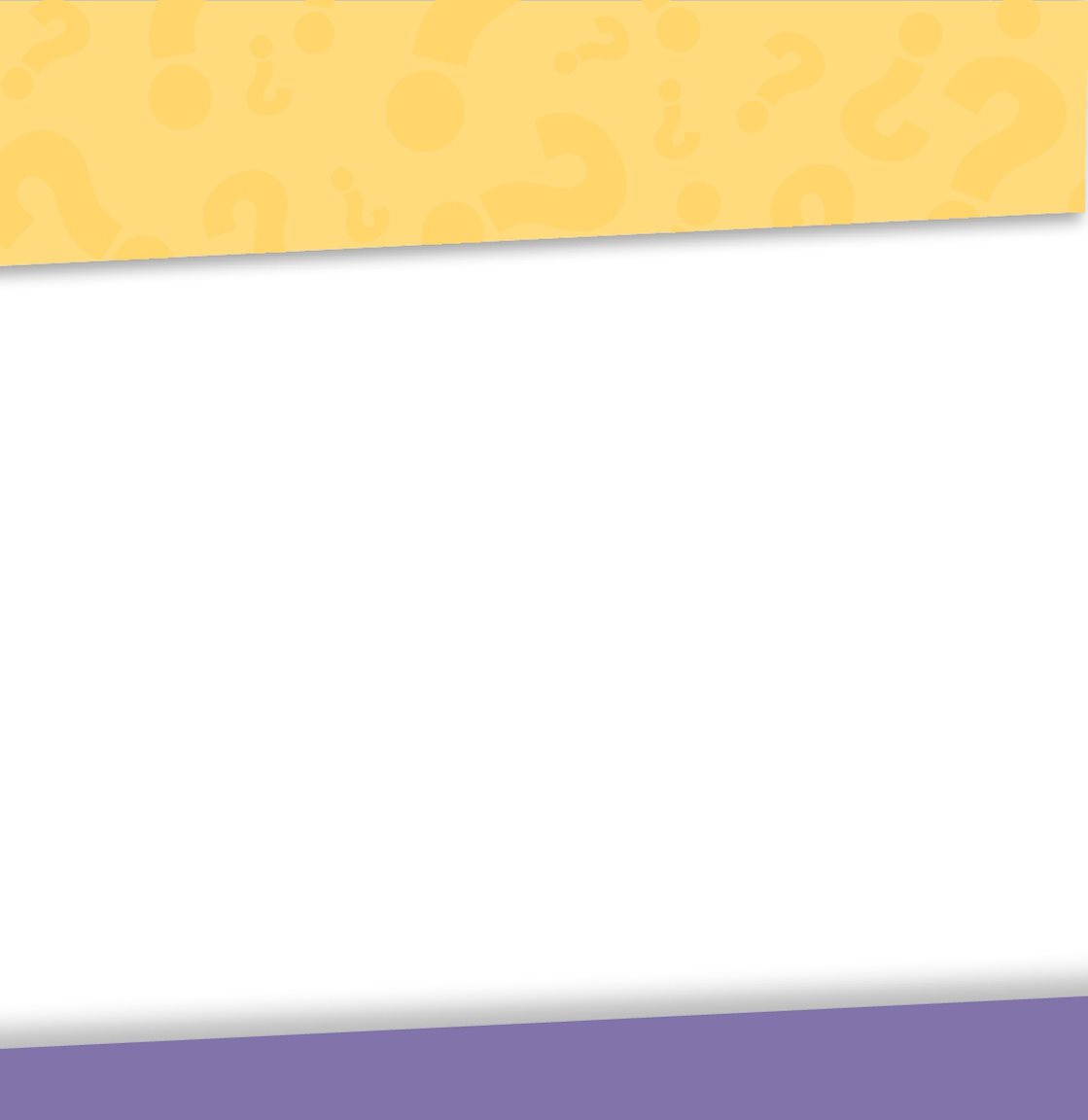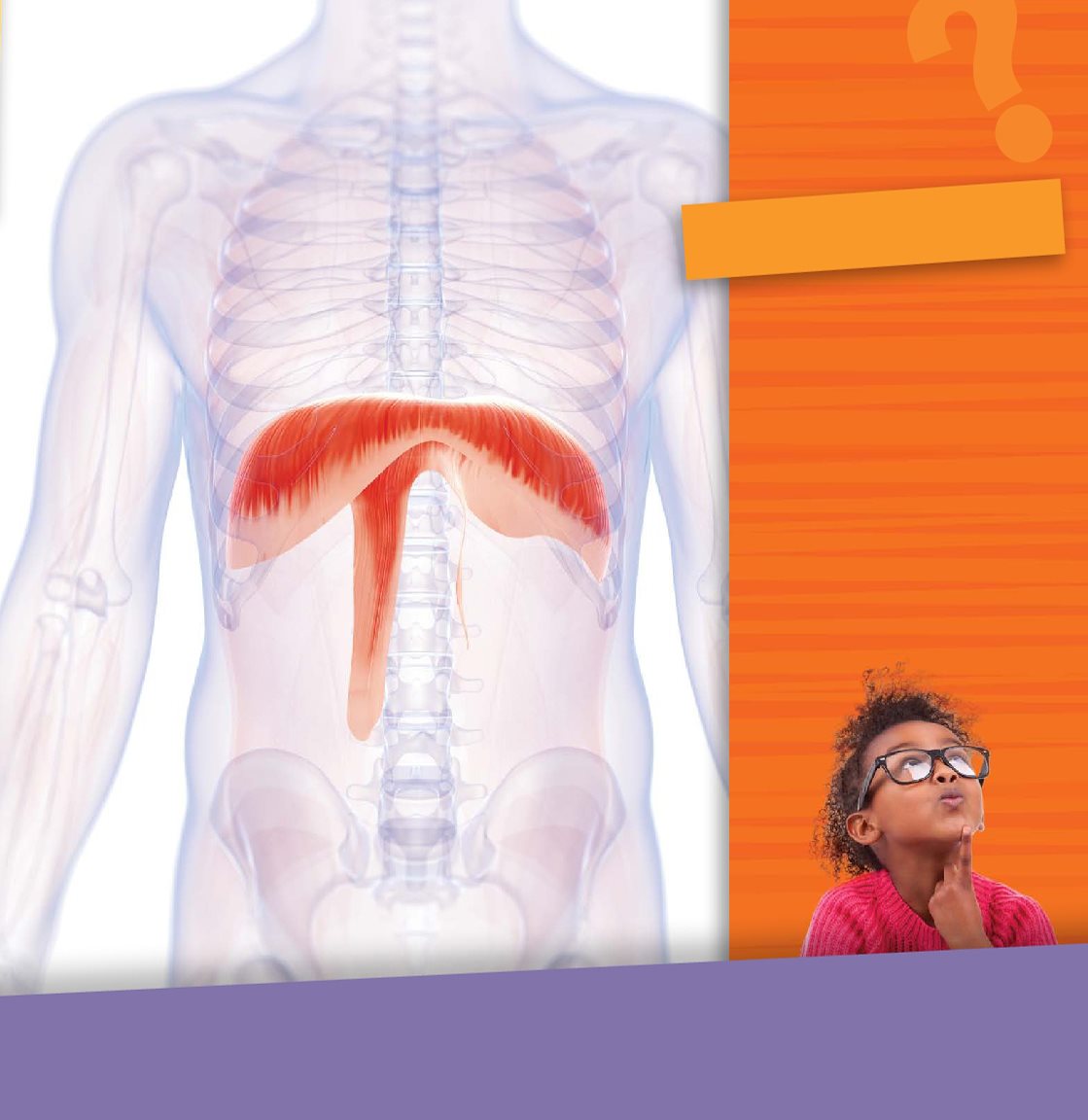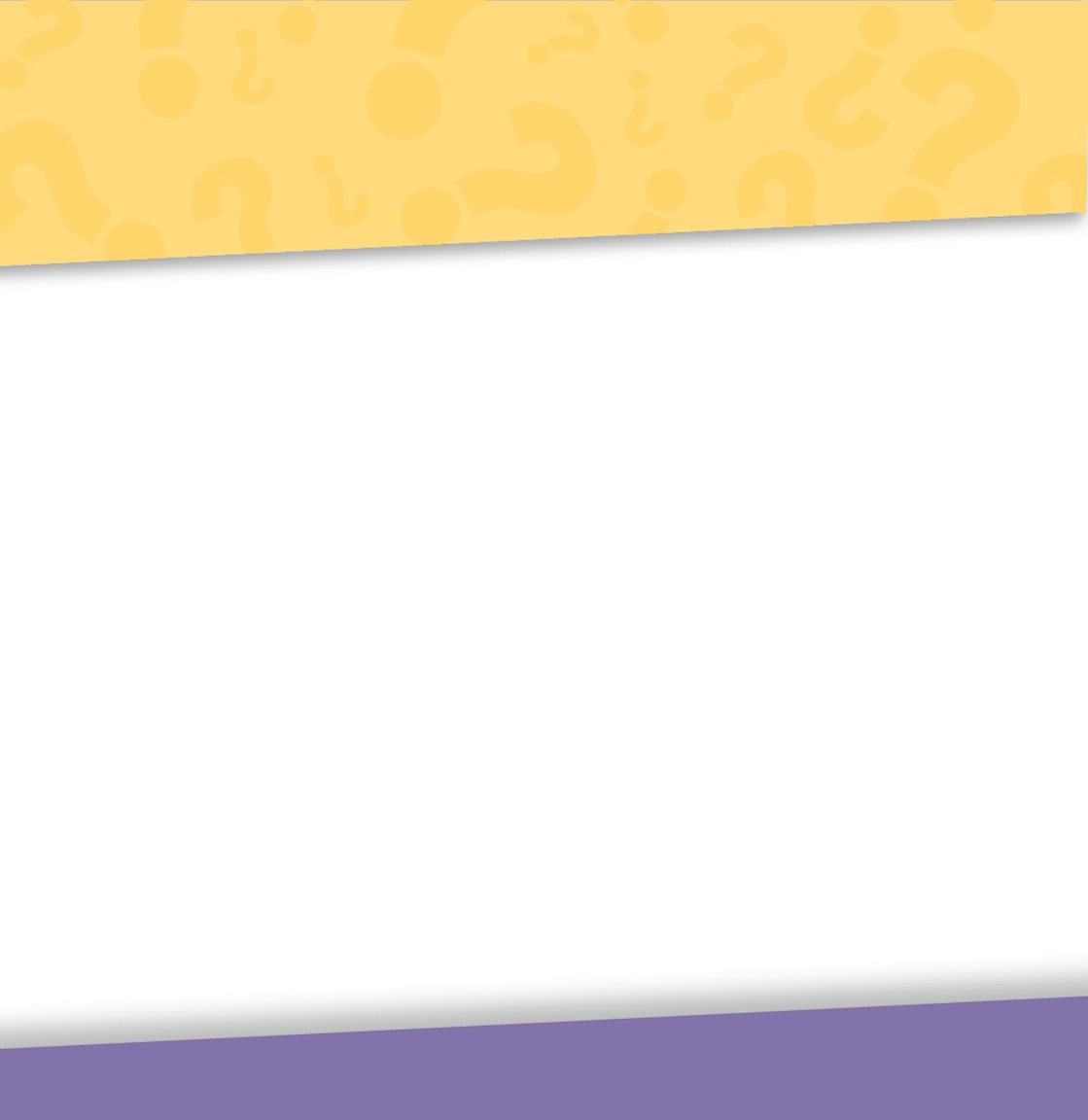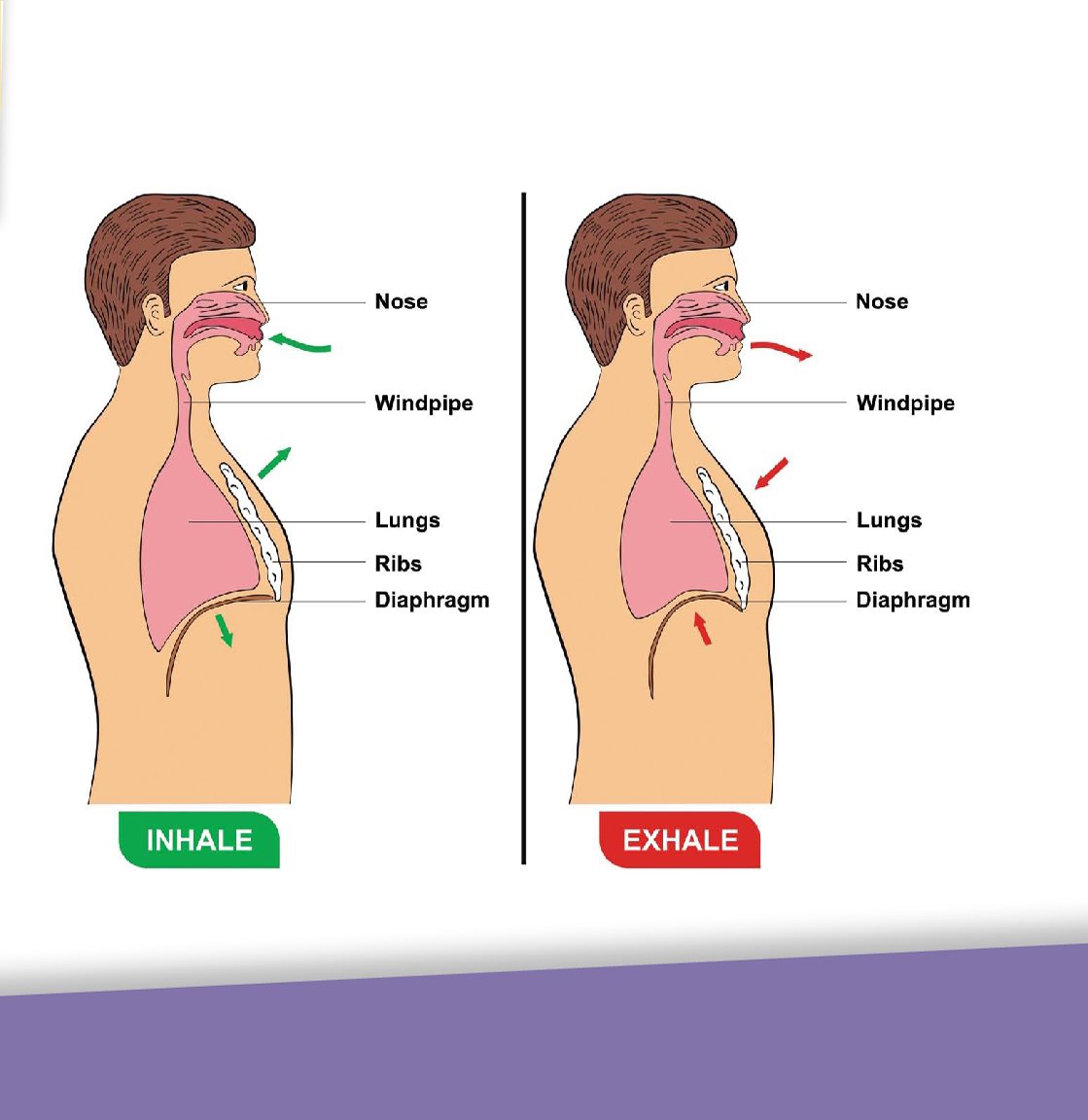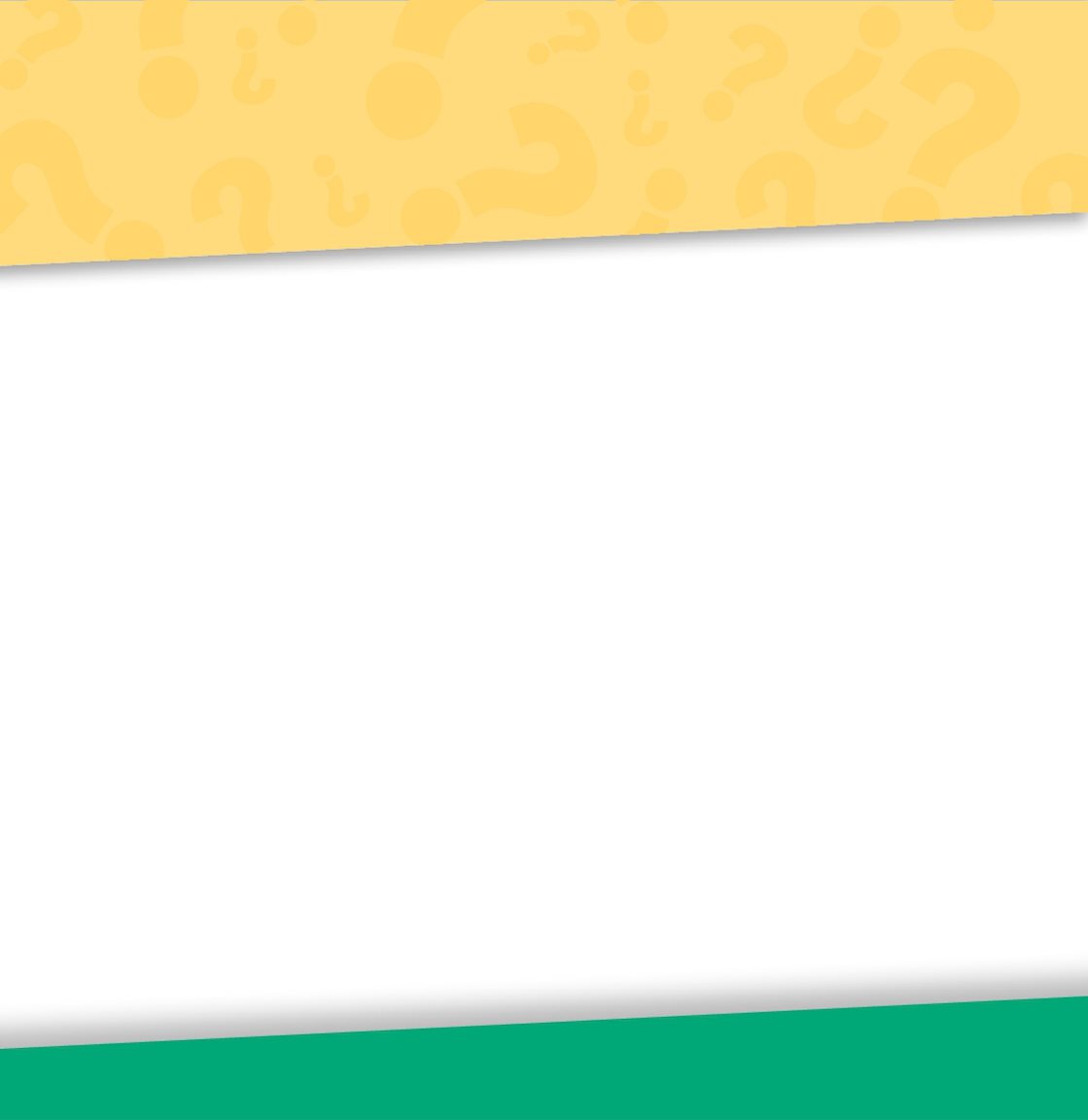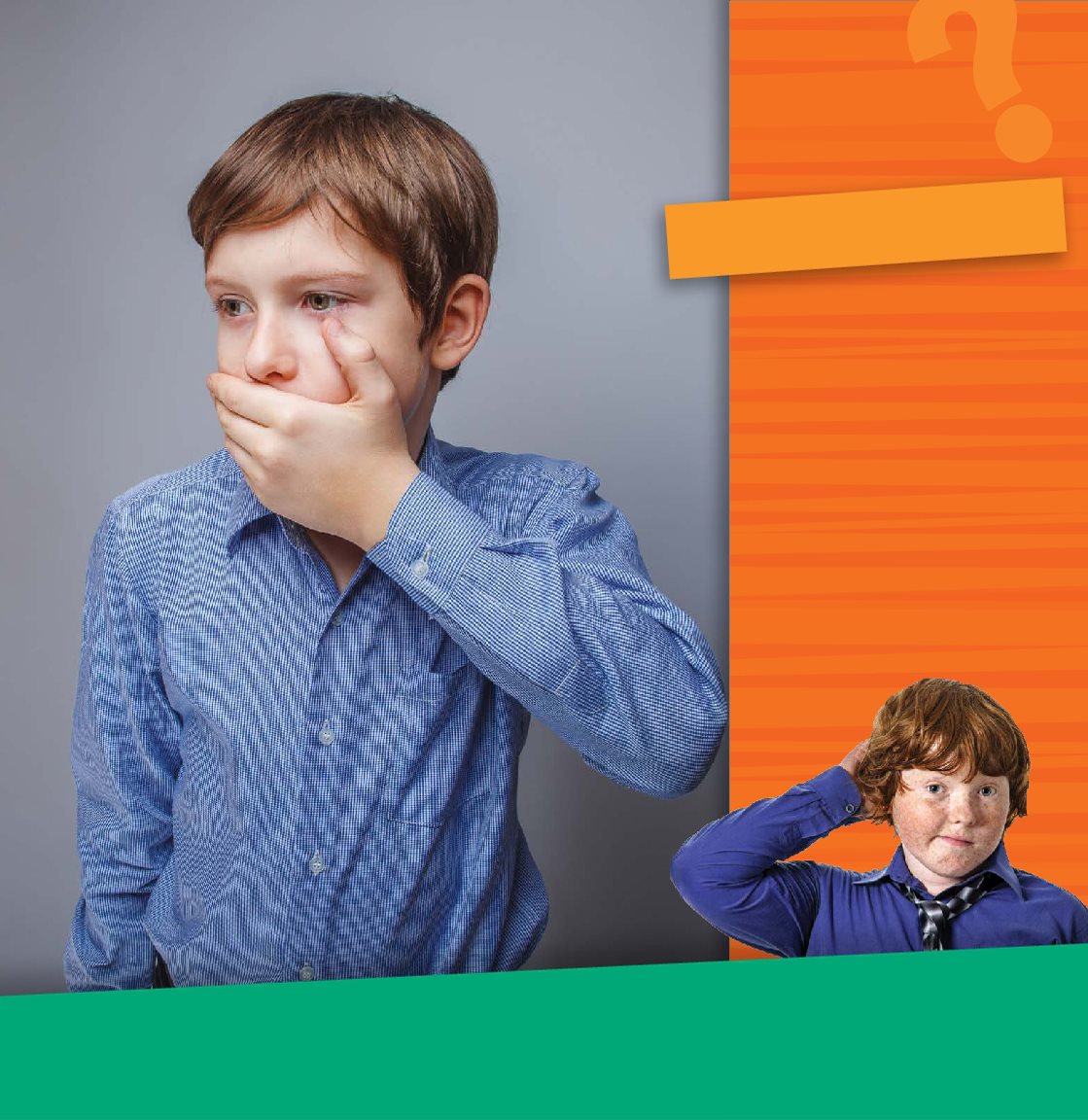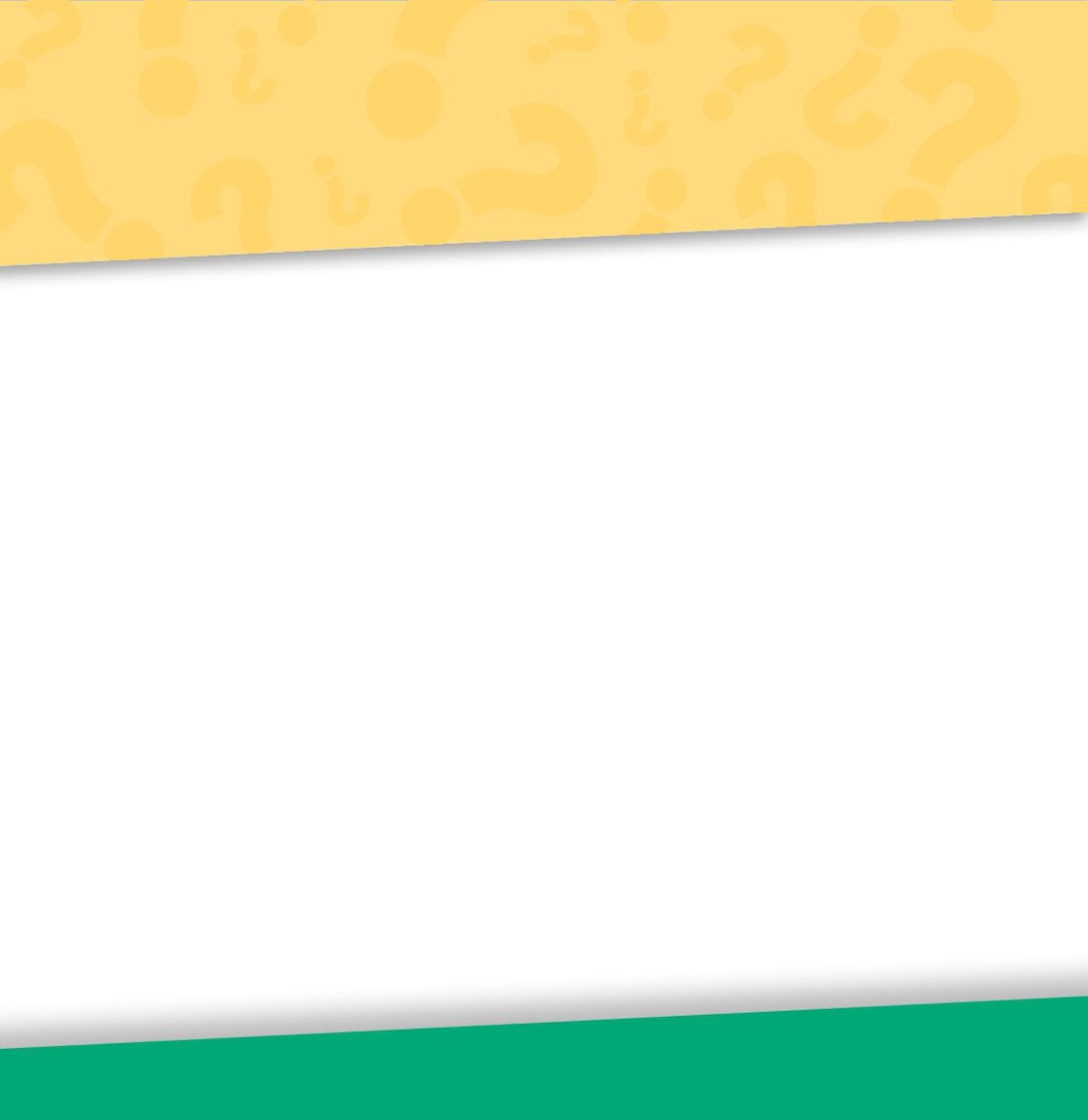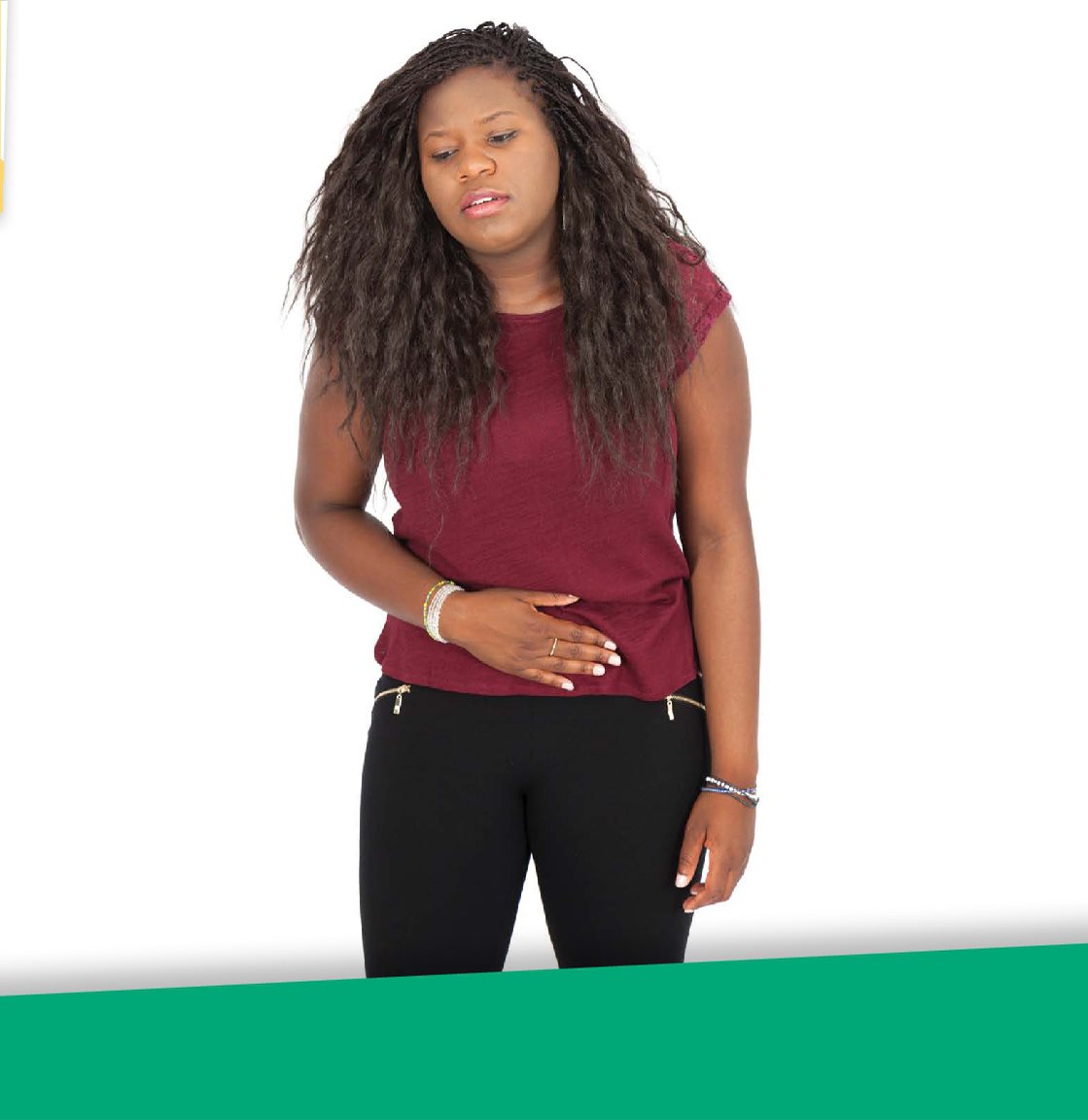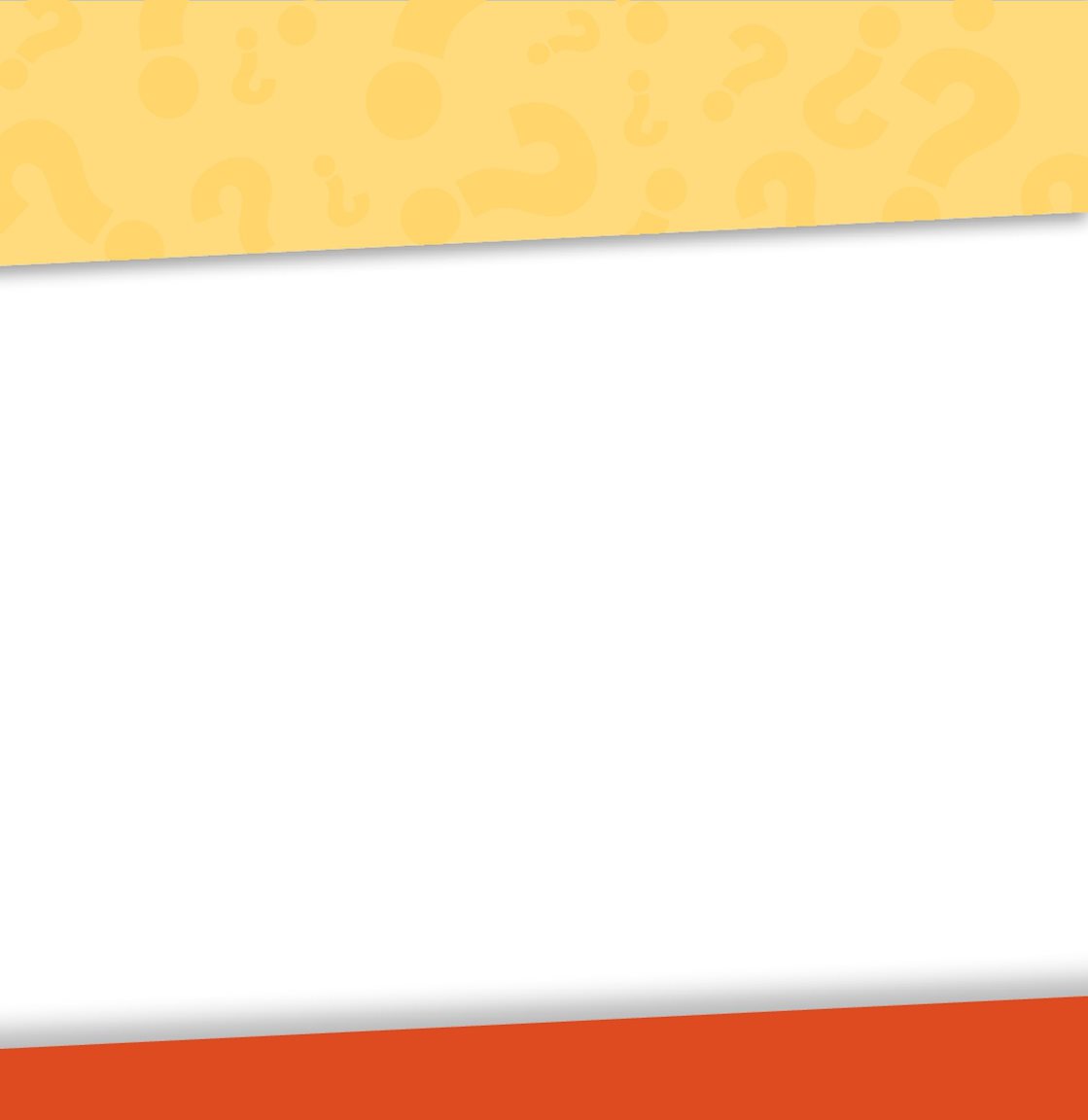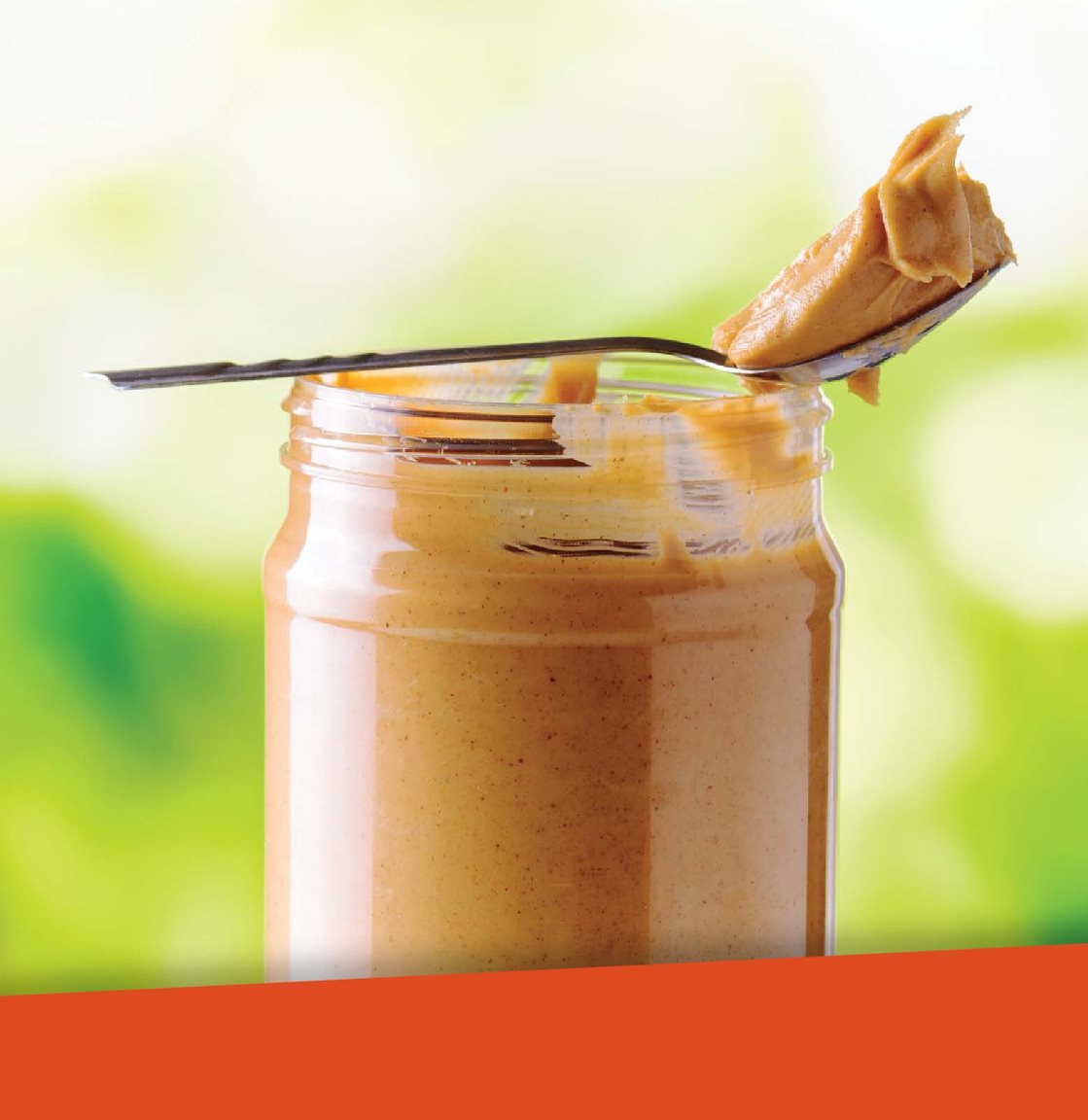Table of Contents
Guide
Published in the United States of America by Cherry Lake Publishing
Ann Arbor, Michigan
www.cherrylakepublishing.com
Content Adviser: Charisse Gencyuz, M.D., Clinical Instructor, Department of Internal Medicine,
University of Michigan
Reading Adviser: Marla Conn, ReadAbility, Inc
Photo Credits: Cherry-Merry/Shutterstock Images, cover, 1; Mr.Nikon/Shutterstock Images, cover, 1;
Pornthep Khetrum/Shutterstock Images, cover, 1; Elena P./Shutterstock Images, 5; udaix/Shutterstock
Images, 7; Eraxion/CanStock Photo, 9; maxim ibragimov/Shutterstock Images, 11; Chris from Paris/
Shutterstock Images, 13; Efired/Shutterstock Images, 15; wavebreakmedia/Shutterstock Images, 17;
Antonio Guillem/Shutterstock Images, 19; racorn/Shutterstock Images, 21
Copyright 2016 by Cherry Lake Publishing
All rights reserved. No part of this book may be reproduced or utilized in any form or by any means
without written permission from the publisher.
Library of Congress Cataloging-in-Publication Data
Masters, Nancy Robinson, author.
I get the hiccups / Nancy Robinson Masters.
pages cm.(Tell me why)
Summary: Young children are naturally curious about themselves. I Get the Hiccups offers answers to
their most compelling questions about hiccups and how to stop them. Age-appropriate explanations and
appealing photos encourage readers to continue their quest for knowledge. Additional text features and search
tools, including a glossary and an index, help students locate information and learn new words:Provided by
publisher.
Audience: Age 610.
Audience: Grades K to 3.
Includes bibliographical references and index.
ISBN 978-1-63362-611-9 (hardcover)ISBN 978-1-63362-701-7 (pbk.)ISBN 978-1-63362-791-8 (pdf)
ISBN 978-1-63362-881-6 (ebook)
1.HiccupsJuvenile literature. I. Title. II. Series: Tell me why (Cherry Lake Publishing)
QP372.M37 2016
612.2dc23
ISBN-13 978-1-68444-521-9 (ebook)
2015005651
Cherry Lake Publishing would like to acknowledge the work of the Partnership for 21st Century Skills.
Please visit www.p21.org for more information.
Printed in the United States of America
Corporate Graphics
Synchred Read-Along Version by:
Triangle Interactive LLC
PO Box 573
Prior Lake, MN 55372
Table of Contents
Hic! Hic!
Caleb hurried to the principals office. It was
his turn to read the announcements to the entire
school.
Suddenly, funny sounds came out of his
mouth.
Hic! Hic! He had hiccups!
Hiccups can happen when you are nervous or excited.
What Is a Hiccup?
A hiccup is a sudden spasm of the
diaphragm muscle. The diaphragm muscle is a
large, thin sheet of stretchy tissue. It separates
your lungs and heart from your stomach.
A diaphragm muscle spasm causes the vocal
cords in your throat to slam shut. This makes
the hic sound that comes out of your mouth.
It takes less than a second for this to happen.
Look!
Look at this
drawing of the
inside of your
body. Where is
the diaphragm
muscle?
The diaphragm separates your heart and lungs from your stomach.
The diaphragm also moves during normal
breathing, but more steadily. When you inhale, or
breathe in, it moves downward. This gives your lungs
room to expand. When you exhale, or breathe out, it
moves upward again as the air leaves your lungs.
Your diaphragm moves each time you breathe in or out.
What Causes Hiccups?
The diaphragm muscle is part of your
respiratory system . The respiratory system is
made up of organs you use to breathe. The
phrenic nerve controls the diaphragm muscle.
This nerve goes from your brain to your
stomach. It is like a long electrical cord. It signals
the diaphragm to help move air into and out of
your lungs.
Ask Questions!
Visit the school
nurse. Ask him
or her to help
you find
information on
how to avoid
hiccups.
Covering your mouth when you hiccup is the polite thing to do.
Irritants can cause the phrenic nerve to send faulty
signals to the diaphragm. These faulty signals result in
spasms. The most common irritant is eating too much.
Eating too fast is another. Swallowing air is a major
irritant! Even feeling excited or scared can cause the
diaphragm to spasm. When this happens, you may
hiccup once or several times in a row.
Swallowing too much or eating too fast can cause hiccups.
How Do You Cure Hiccups?
Hiccups happen to almost everyone. Scientists
believe boys have hiccups more often than girls.
Some animals also hiccup.
Caleb knew his hiccups would stop in a few
minutes. But this morning, he could not wait. He
held his breath and slowly counted to This
home remedy to cure hiccups usually worked.
Eating a spoonful of peanut butter is one home remedy for hiccups.

